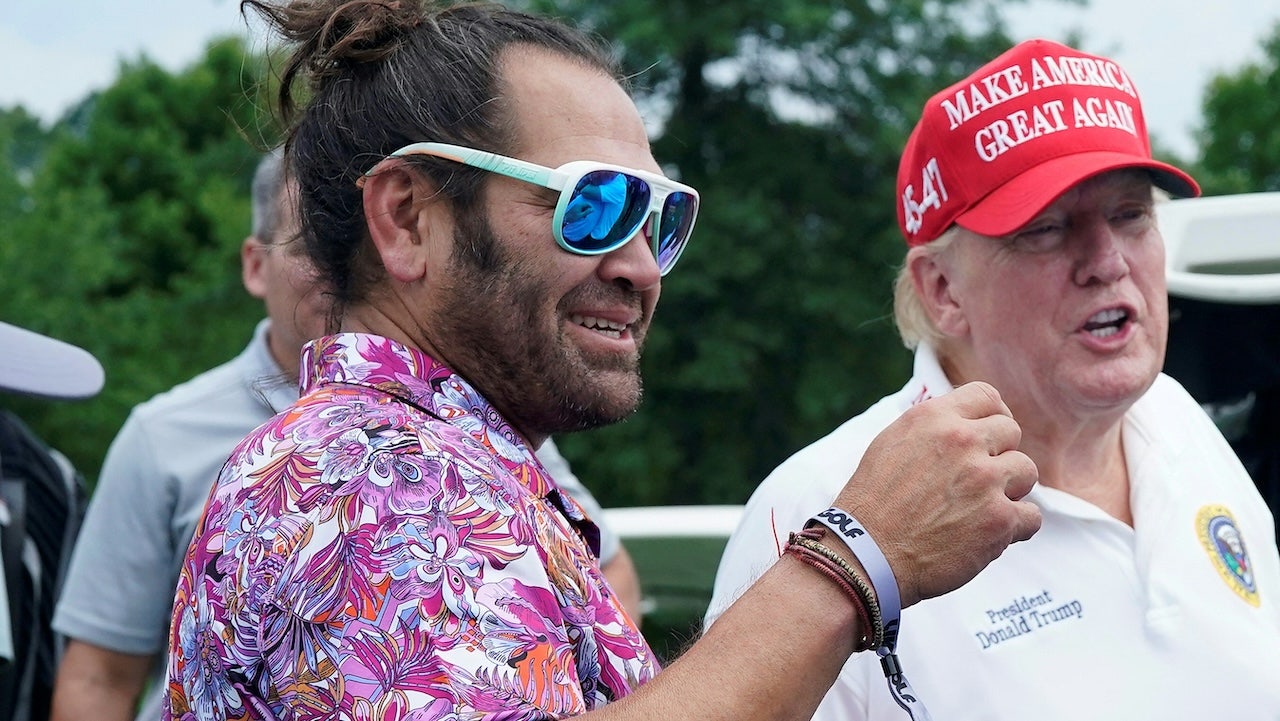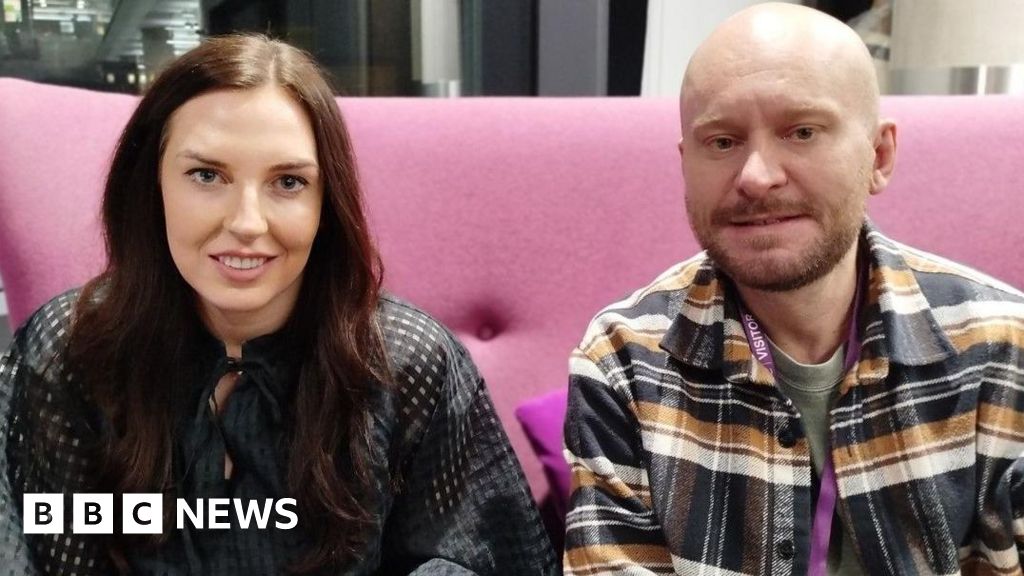Not too far into Spare, Prince Harry’s blockbuster, headline-grabbing, instantly best-selling memoir, the author brings up his brother’s “alarming baldness.” It’s one of the more petty lines in a book largely filled with genuine emotion (the chapters in which Harry discusses his mother’s death, and the aftermath of his grief, are often devastating) and striking revelations (such as when Harry estimates he killed 25 Taliban fighters while deployed as a soldier). It’s especially petty considering that Harry follows up his aside by pointing out that William’s baldness is “more advanced than mine.”
“I don’t see it as cutting at all,” Harry told TV host Anderson Cooper about the passage, in a 60 Minutes interview that aired shortly before the release of Spare. “You know, my brother and I love each other. I love him deeply. There has been a lot of pain between the two of us, especially the last six years. None of anything I’ve written, anything that I’ve included is ever intended to hurt my family.”
In publishing Spare, Harry now finds himself facing the same challenge as many memoirists before him: how to maintain – and, in his case, even perhaps heal – relationships with the same people who appear in his book. Few do it on the same scale as Harry, whose book sold 1.4 million copies on its first day. But even without that kind of visibility, and even when one’s father is not the literal king of England, tensions often run high for memoirists prepared to go public with their own familial tales.
Scaachi Koul, a culture writer at BuzzFeed, published her debut book of essays, One Day We’ll All Be Dead And None Of This Will Matter, in 2017. In it, she discusses a variety of highly personal topics, such as aspects of her relationship with her then-boyfriend, or her rapport with her sometimes overbearing parents. One essay describes her father refusing to speak to her for “an isolating eleven weeks and three days” after she moved in with said boyfriend.
Excavating those personal narratives and committing them to the page was “unbearable,” Koul tells me in a phone call. “It’s a terrible process. I don’t really recommend it to anybody.” Harry’s memoir stands out to her in contrast to the rest of the genre. “Obviously, Prince Harry’s book is like a full bloodletting,” she says. “He’s dredging up stuff that’s quite buried, and is tied to an institution and geopolitics. So there’s a big difference. Most memoir is about the personal that can feel political, and his is about the political that is personal.”
In press coverage surrounding the release of Spare, Harry went back and forth about the relationship he envisioned having with his family in the immediate aftermath of the book’s publication. To Cooper, he reiterated his commitment to reconciliation. But when ITV’s Tom Bradby told him that in his own view, “you haven’t so much burnt your bridges as taken a flamethrower to [your relatives],” Harry was more pugnacious. “Well,” he replied. “They’ve shown absolutely no willingness to reconcile. And I’m not sure how honesty is burning bridges. You know, silence only allows the abuser to abuse.”
While it doesn’t appear that Harry involved his family in the writing of his memoir – the lines of communication, in his telling, have pretty much shut down – some writers do try to involve their loved ones in the writing process, in an attempt to get ahead of possible issues. Courtney Maum wrote three novels and a guide to the publishing industry before penning a memoir, The Year of the Horses, published in May 2022. The book begins with Maum’s realization, at the age of 37, that she was seriously depressed. It’s a powerful, relatable and searingly honest tale about what can happen after you hit rock bottom. Yet, Maum initially resisted writing it.
“I never wanted to write a memoir,” she says. “There’s a reason why The Year of the Horses is my fifth book.” Before the book, she had written a lot of non-fiction, including some “very personal pieces”. But they were published in literary magazines, meaning the spotlight was less intense. Maum had the option not to share those pieces with her family – and “when they have been found, it hasn’t gone over well”.
Courtney Maum’s memoir came out in 2022
( )
“One side of my family is really private,” she says. “I grew up wanting to be a writer, but they did not ask me to be one. And the topics that we talk about in my home are very limited. So it’s always been clear to me that while I might feel a deep urge to write about my family, and about very personal things, that’s not going to be applauded, necessarily, by the people in my life, which is totally understandable.”
She considered other formats than a memoir to tell the story in The Year of the Horses, including, at one point, a graphic novel. But when writing it as a memoir became unavoidable, Maum prepared her loved ones as best as she could. She wrote the book, first, in a “silo”, showing it only to her agent, then to her editor. Then, about a year ahead of publication, she shared the entire book with the main group of people mentioned in it. (People who play smaller roles in the narrative received just the part of the book they appear in, with the required context.)
Maum listened to advice she says she received from her fellow memoirist Dani Shapiro: “If you decide to share it with people, give it to them in a form that makes them feel that not too many changes can be made. If you have a galley, or a bound manuscript, [then that’s better] — don’t send them a PDF or a Word document. Don’t send them a manila folder of printed sheets. They’ll just feel like that’s your high school essay and they can weigh in. It needs to start resembling a book. And that will remind them that for better or for worse, this is going to be a book.”
Maum gave people a firm deadline to provide feedback and set clear expectations. She says other advice she found helpful came from the memoirist and essayist Melissa Febos, to the effect of: “Don’t prostrate yourself. Just say, ‘All I can promise is that I’ll listen.’”
Koul has also found ways to put space between her writing and her loved ones. “ I don’t really care about privacy for myself,” she says. “It doesn’t really matter to me. But I also wrote my book with the ideology that I should be the asshole in the stories, and that was easy for me to do. Generally, if you make yourself the asshole in a story, nobody’s going to be mad at you. And my family generally accepts that this is what I do for a living. They sometimes disagree with my assessment of things, but I think I’ve kept them out of it enough that they can accept that I have my own narrative.”
In the realm of non-fiction, writers have long struggled to define what’s fair game and what isn’t. Most of them end up coming up with their personal rules. Nora Ephron’s motto, “Everything is copy”, is often interpreted as a no-holds-barred, write-whatever-you-want-about-whoever-you-want cry of liberation, but that interpretation doesn’t entirely encapsulate the sentence’s original meaning. As Ephron once recounted on camera, she got it from her mother: “You’d come home with something that you thought was the tragedy of your life – someone hadn’t asked you to dance – my mother would say, ‘Everything is copy.’” In other words, the motto was first intended as a soothing balm for the writer. The cruelties of life might be unavoidable, but they might offer a good story, or at least something to write about. When Ephron wrote about her divorce from journalist Carl Bernstein, she chose to do so in an autobiographical novel (the cult Heartburn), rather than in an essay, as if she needed that extra bit of distance to allow the narrative to take form.
Scaachi Koul’s debut book of essays came out in 2017
Koul’s rules of thumb go something like this: Don’t write about children. Don’t write stories that feel like they belong first and foremost to other people. And, if someone behaves poorly, then that behavior is fair game to write about. The latter is reminiscent of a rule shared by writer Anne Lammott, whose book Bird by Bird: Some Instructions on Writing and Life is considered a must-read for aspiring writers: “You own everything that happened to you. Tell your stories. If people wanted you to write warmly about them, they should’ve behaved better.”
Maum believes in the cathartic power of writing on difficult topics – and in careful preparation ahead of publication. “You write it angry, but don’t publish it angry,” she says. “This is sort of my new motto, and that is the approach I took with The Year of the Horses. And I’m so glad I did. … This was not easy, but I truly believe there’s no axe to grind [in the book]. And in fact, the person who’s given the hardest time and shown in the poorest light is myself in that book.”
It remains to be seen how Harry’s relationship to his own loved ones will fare. The royal family has remained silent on the memoir. (At the end of the 60 Minutes interview, Cooper noted sternly: “We reached out to Buckingham Palace for comment. Its representatives demanded that before considering responding, 60 Minutes provide them with our report prior to airing it tonight, which is something we never do.”) To my two memoirists, though, writing about family histories is a matter of “how”, not “if”. Mitigating actions can be deployed, but the commitment to writing has to remain unwavering.
“Life is too long to hold secrets. It’s just a waste of time,” Koul says toward the end of our conversation.
“Too long?” I ask.
“It’s so long,” she confirms. “It is so long.”
Scaachi Koul’s One Day We’ll All Be Dead and None of This Will Matter: Essays is out now at Picador
Courtney Maum’s The Year of the Horses is out now at Tin House and will be released in paperback on 14 February 2023















































